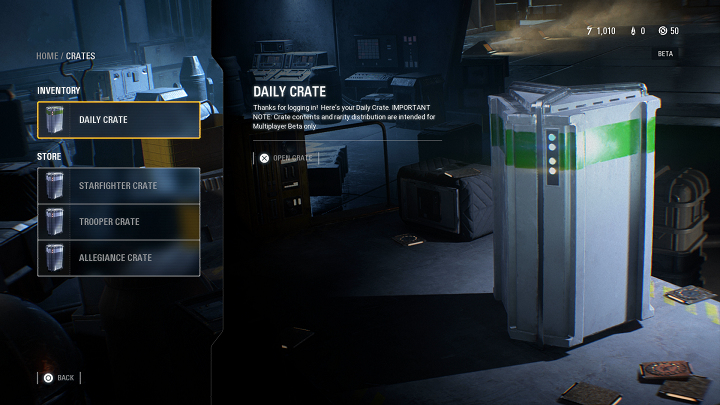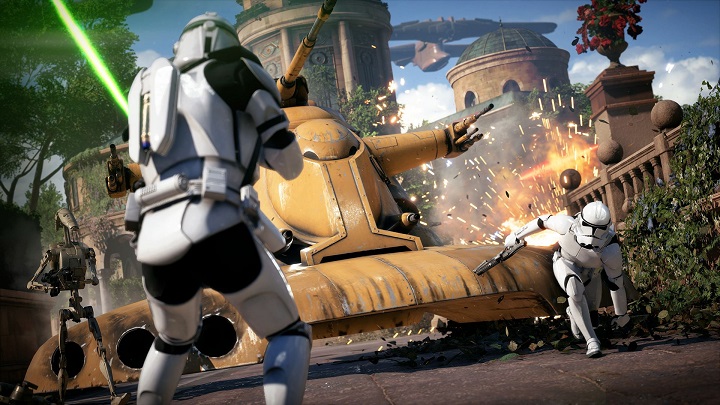How EA’s Recent Mess Might Creates More Government Regulations For Video Games
Founded by Trip Hawkins in 1982 as “Amazin’ Software”, Electronic Arts (EA) is one of the bigwig gaming companies in the Western Hemisphere alongside Ubisoft and Activision Blizzard. It has 3 divisions and owns several brands that many gamers are very familiar with. EA Sports, for example, publishes sports games such as Madden NFL, NBA Live, NASCAR, and Tiger Woods PGA Tour.
But in recent years many gamers, fell out of love with EA because the company has made a lot of decisions that gamers didn’t really agree with such as microtransactions in their games. The bad decision EA makes, they reason out, is to please their stockholders, and this puts gamers’ interests against the stockholders’. There are people who reason out that selling video games for $60, the standard price of a video game, isn’t profitable anymore because the gaming companies are pouring billions of dollars into their R and D every year and they need to turn a profit. Many gamers don’t buy this reasoning and some gamers have even given up on EA. Of course, there are still those who support them, but over the course of time, the number of EA fans has dwindled, because time and again, EA would act in a way that their fans don’t like and would do it again as if they haven’t learned the last time.
But this month, EA probably has outdone all the horrible things it did in the past with the new debacle concerning their new game. They had the misfortune of being the most hated gaming company of all time that’s putting an equally hated practice into their new game: Star Wars Battlefront II.
The EA Debacle
This all started when EA launched a remake of Star Wars Battlefront II. The game sold millions of copies it was a huge hit, everyone wanted to see what EA changed from the old Star Wars Battlefront II. Fresh from the loot box controversy just a month ago, people tried to forget that for a while so they turned to looking to play EA’s new game.
Unfortunately, EA won’t allow them that comfort. Because the remake features locked characters all people wanted to play with. And it can only be unlocked either by playing for 40 hours without purchasing anything with the in-game currency OR getting them from loot boxes. People raged. They don’t want to pay EA more after paying for the base game, which was equal to a full priced game at the time. And they complained about it to EA. EA responded with a “corporate response” in Reddit and it was downvoted to hell, making it the most downvoted post in Reddit history. EA responded by reducing the amount needed to buy the characters with in-game currency by 75%. However, they also reduced the rewards received by players when playing.
Loot Boxes and Gambling
Loot Boxes are the roots problem. Loot Boxes are a form of microtransaction where a person pays real-world currency to get the chance to obtain an item in some kind of a raffle. A person buys this item (usually a box of some kind) and when the user uses this item, they receive another item, kind of like when someone opens a box. The item they receive can be one of any items that the game company has made obtainable through that item. These can range from very rare items that are, for some gamers, worth 10 times or 100 times more than what they paid for. Of course, this is just a virtual item, but gamers prioritize things differently, just like any hobbyist would when it is something that concerns their hobby.
This originated from the Gacha business model that’s commonly found in Japanese mobile and online gaming. Usually, it’s just extra weapons, game characters, and game character costumes that cost $2 per chance to draw. Plus, the games are free-to-play and they would provide events once or twice a month where people have the chance to get better items to advance the game for free. But then Blizzard and EA applied the practice to games that are not free-to-play. This angered a lot of people Buff download.
Of course, a lot of people go for that rare item and some of them even pay with real-world currency with no second thought. Every time they open a box and it isn’t the one they wanted they would think: “Maybe the next one has it.” It fuels a person’s gambling addiction. The fact that they wanted that item so much that they’ll pay for the chance to get it is the key to the success of the loot box type microtransaction and gamers would complain how the gaming industry is using this to prey on gamers that can’t control themselves.
Needless to say, this is a weak argument. If a child sees something inappropriate for him or her on the television, would it be the television’s fault? No, of course not. Parents are there to take care of their kids and see to it that they don’t see anything that’s not for them. Same goes for video games. But the gaming companies are also at fault here for trying to emulate the Gacha model on a game that people paid $60 for. The Gacha model works because people get to play the game for free and has the freedom to decide when to pay the developers or the company. You don’t have this freedom if you have to buy the game first.
Possible Legislation and Future Regulations
And then, it finally happened: Government finally saw an opportunity to step in. They say something’s afoot in the gaming community and what did they find? Gamers, which many people still believe is a group comprised of underaged kids, are being exposed to gambling addiction.
Belgium’s Justice Minister is reported to be calling for a ban on loot boxes in video games. According to the report, Belgium’s Gambling Commission is investigating if loot boxes can be considered a form of gambling because loot boxes are a “mixture of money and addiction is a game of chance.” In Hawaii, US legislator Chris Lee described EA’s game as a “casino” and is seeking to legislate the prohibition of selling games with loot boxes to underaged gamers and protect them from “predatory practices in online gaming.” He and Hawaii state representative Sean Quinlan are condemning these practices that had become abundant in mainstream gaming.
“We didn’t allow Joe Camel to encourage your kids to smoke cigarettes, and we shouldn’t allow Star Wars to encourage your kids to gamble,” Mr. Quinlan said.
Conclusion
If Lee and Quinlan are successful it would mean more regulations to video games, which other countries would most likely imitate. As if the censorship regulations provided by USA’s ESRB and Japan’s CERO weren’t enough. If the government steps in this could mean even more censorship and regulations to video games. Right now, the gaming community can expect a bleak future thanks to the uncontrollable money-grubbing Western investors and the equally uncontrollable gamers who keep buying EA’s games.


